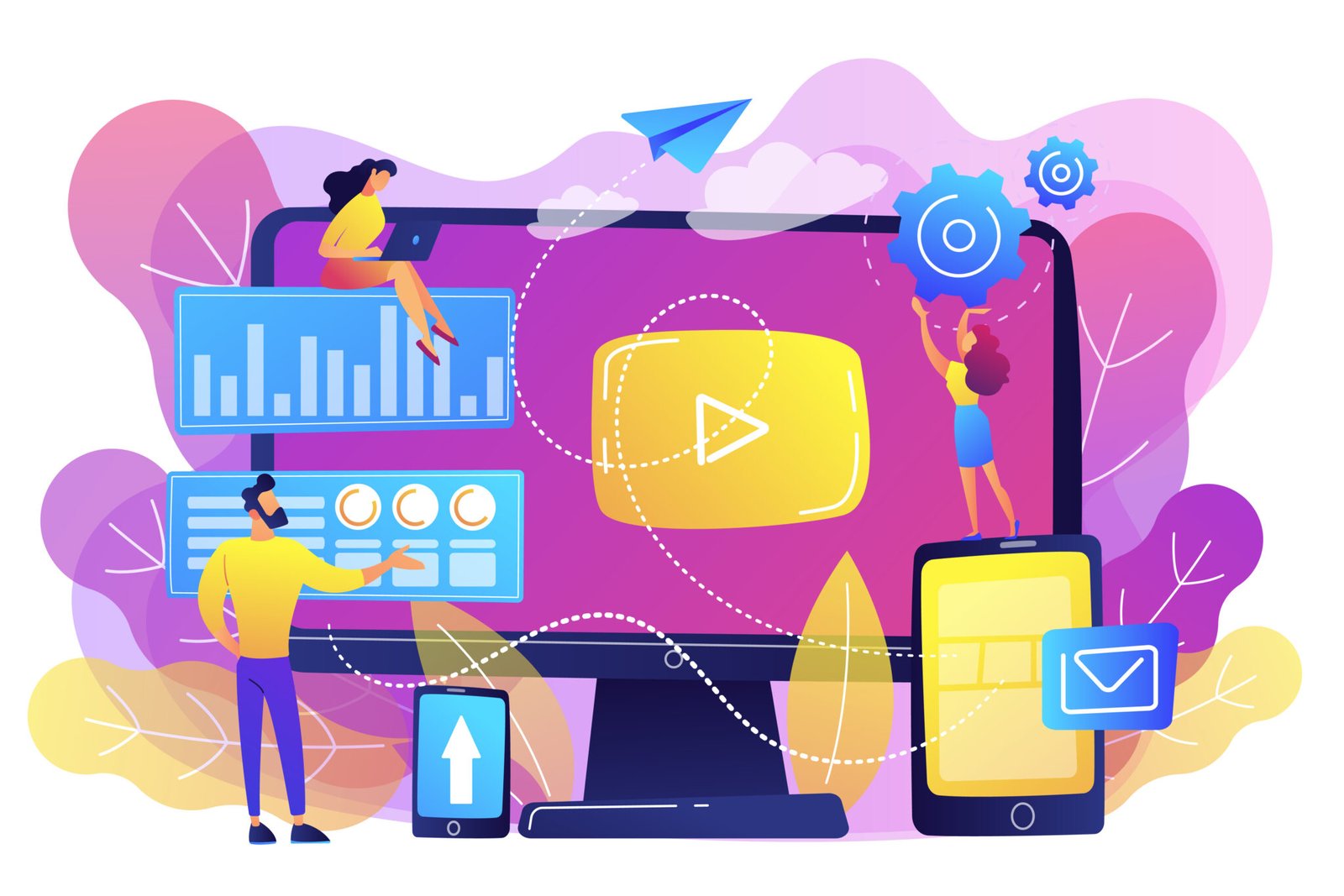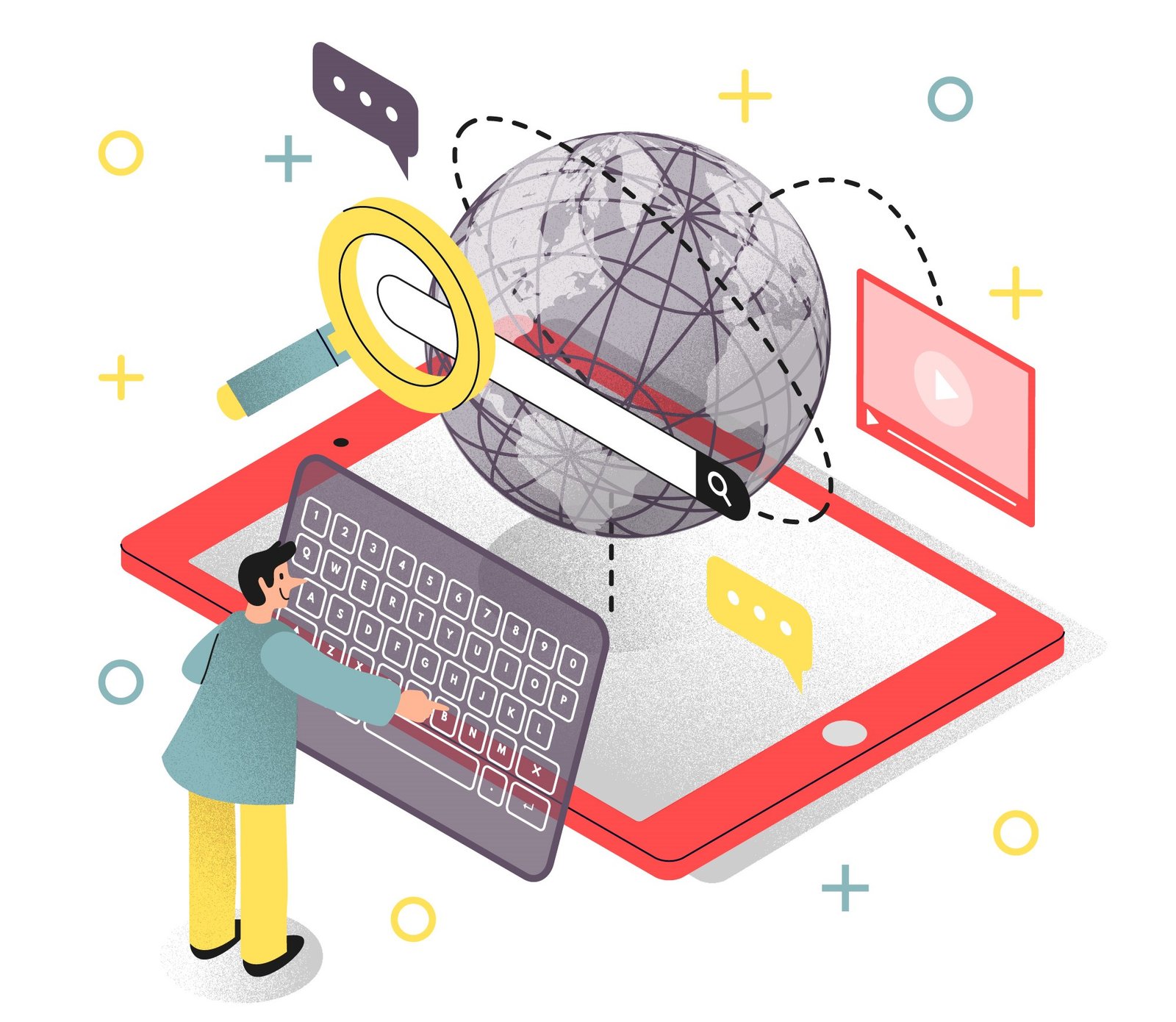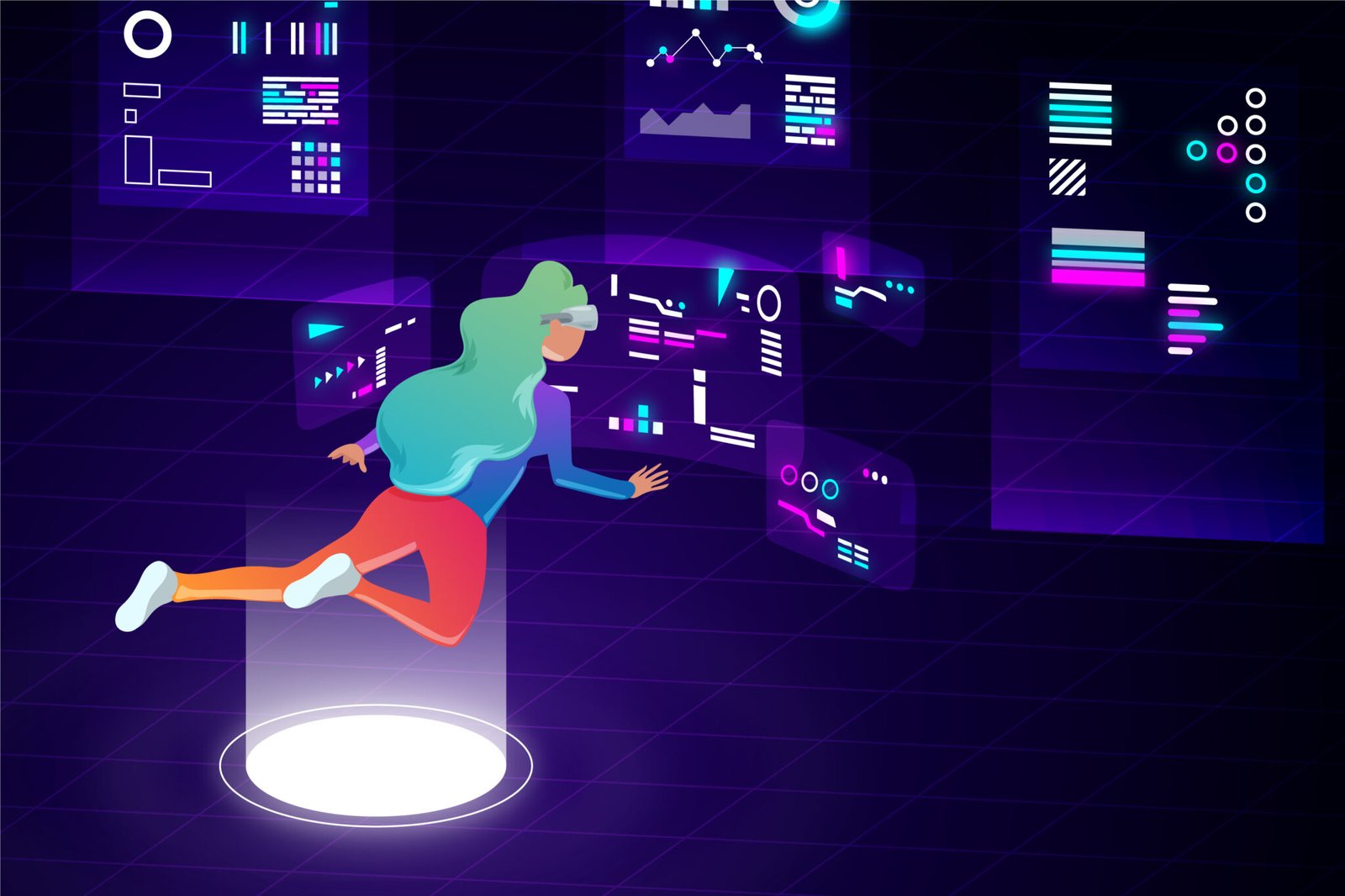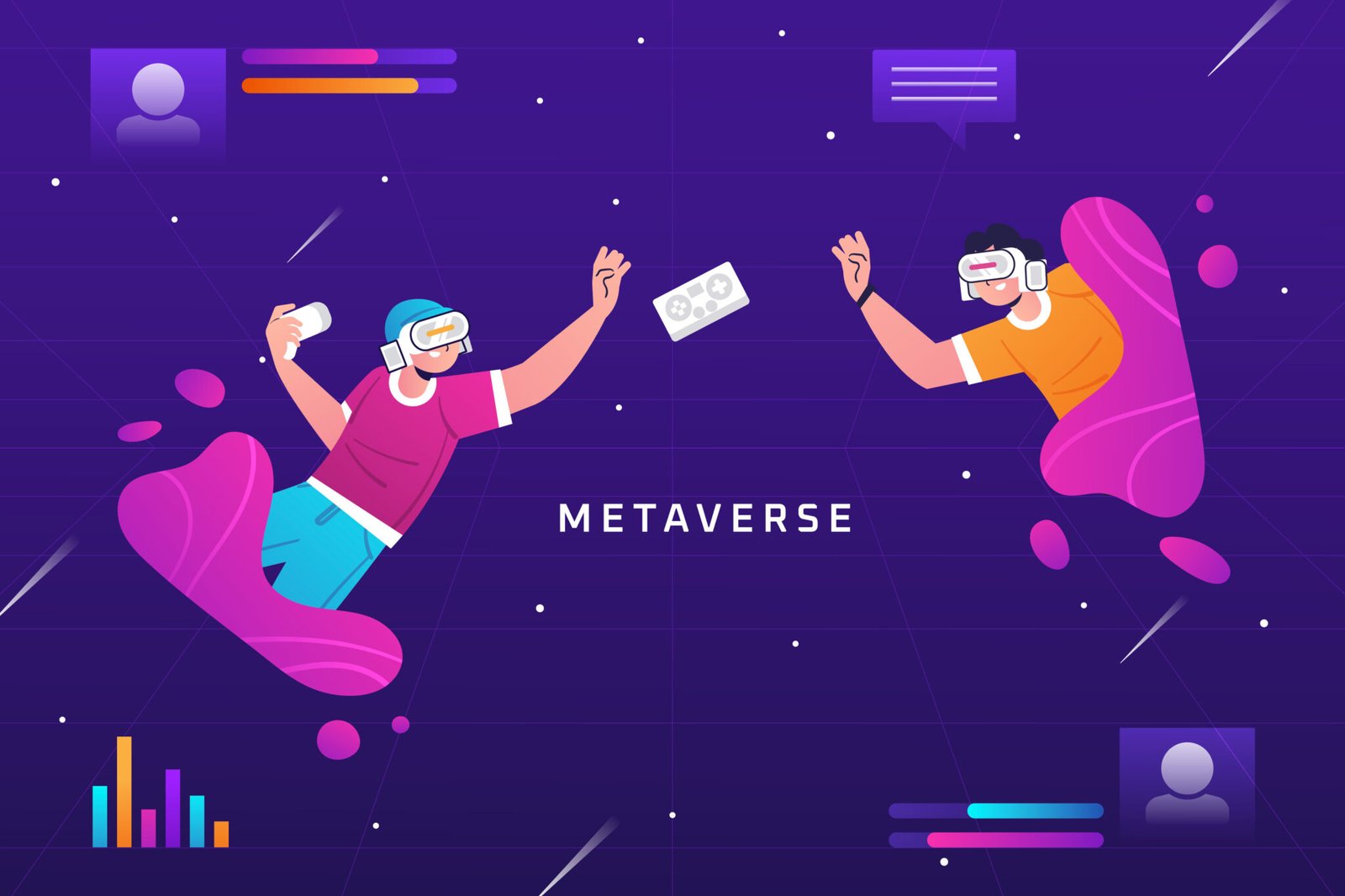


How to Create the Ultimate Social Media Strategy that Drives Brand Awareness & ROI?
November 26, 2024
Read MoreAs the digital landscape continues to evolve, businesses must stay ahead of the curve to maintain their online presence. The year 2025 promises groundbreaking trends that will redefine how brands engage with their audience. A digital marketing company that stays updated with these trends can help businesses achieve higher visibility, improved customer engagement, and increased revenue. In this article, we explore the top digital marketing trends for 2025 that will shape the future of online marketing.

Artificial Intelligence (AI) is transforming digital marketing with automation, predictive analytics, and hyper-personalization. AI-driven chatbots, automated content creation, and personalized recommendations are becoming essential tools for enhancing customer experiences. Businesses leveraging AI can optimize marketing campaigns, segment audiences more effectively, and deliver relevant content at the right time.

With the rise of smart assistants like Alexa, Siri, and Google Assistant, voice search continues to shape SEO strategies. Consumers increasingly use voice commands to search for products and services, making it essential for businesses to optimize for conversational queries.

Video content continues to dominate digital platforms, with short-form videos gaining traction on platforms like TikTok, Instagram Reels, and YouTube Shorts. Additionally, interactive content such as quizzes, polls, and augmented reality (AR) experiences enhances user engagement.

Google is prioritizing featured snippets, knowledge panels, and People Also Ask sections, leading to an increase in zero-click searches. This means users get answers directly from the search results without clicking on a website link.

With increasing privacy regulations (e.g., GDPR, CCPA) and the phasing out of third-party cookies, businesses must shift toward first-party data collection. Consumers demand transparency, and brands that prioritize privacy-first marketing will build stronger trust.

Influencer marketing continues to be a powerful strategy, with micro and nano-influencers driving higher engagement. User-generated content (UGC) also plays a crucial role in building brand authenticity and trust.

Consumers expect highly personalized experiences, and businesses that harness big data analytics can create tailored content, product recommendations, and email campaigns.

As the metaverse expands, brands are finding new ways to engage audiences through immersive experiences. Virtual stores, digital collectibles, and branded VR experiences are set to revolutionize marketing.
Staying ahead in the digital marketing space requires continuous adaptation to emerging trends. A forward-thinking digital marketing company can help businesses leverage AI, optimize for voice search, harness big data, and create immersive experiences. By adopting these strategies, brands can enhance online presence, engage customers effectively, and drive long-term success in 2025 and beyond.